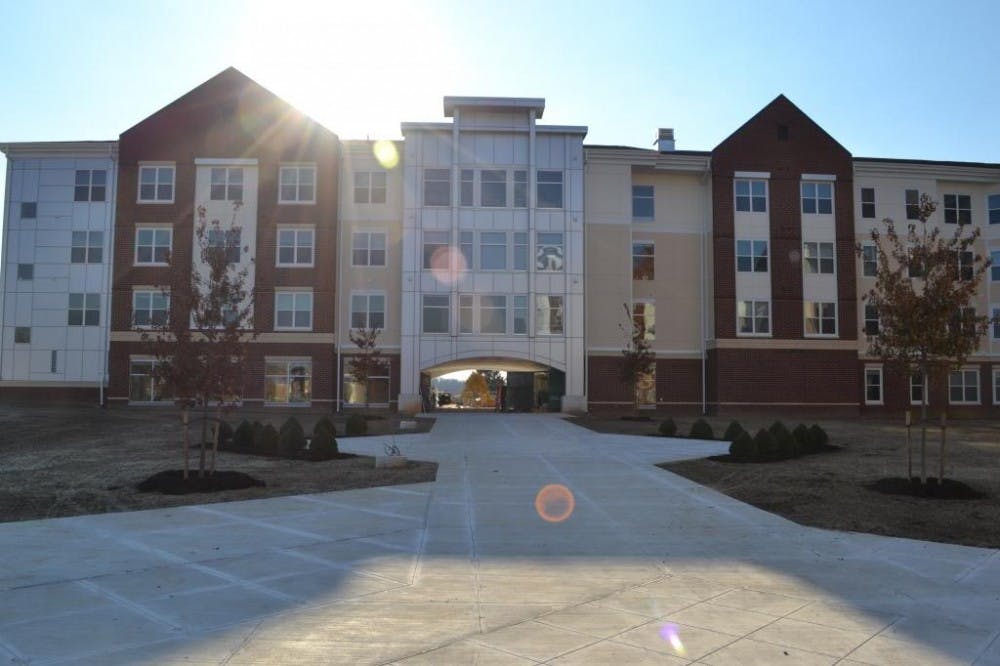Although Shippensburg University’s Police Department runs 24 hours a day, seven days a week, how do we know that the more than 2,500 students living on campus are always safe?
The university’s police officers patrol on foot, vehicle and bicycles — but for every one officer on duty, there are a few hundred students or more.
To keep the students secure, every residence hall has desk assistants at the main entrance.
These assistants require all visitors to sign in at the desk to ensure every person in the building is either a student or an acquaintance of a student.
There are also resident deans, resident directors and resident assistants who live in each residence hall.
There is always at least one of these assistants on duty at a time. They all undergo specific training to enforce the policies of the residence halls and make sure students are safe.
SU’s residence halls all have swipe systems at their doors to ensure that only students and faculty who have an SU identification card can enter. However, intruders who do not have a card can easily come in the doors behind someone who does.
Chief Cytha Grissom from SU’s Police Department feels that this is when students need to take initiative and be responsible for their own safety.
“They’re only as safe as the students allow them to be. If you’re going to go into your residence halls and hold the door for everybody and anybody to come in, that is going to defeat the security system that we have in place,” Grissom said.
Grissom feels confident that the new residence halls are an improvement when it comes to safety.
“The elevators are card swipe. In order to get down certain hallways there is card swipe also. So I think we’ve put a lot of things in place that have increased the security of those buildings which is great,” Grissom said.
Most students’ rooms have dead bolt locks on the doors, and all windows have locks.
There are also cameras in the parking lots. However Grissom knows there is also always room for improvement, especially when it comes to safety.
“We’re in the process of putting cameras in [the residence halls] in a lot more areas than we had before, which I think is good, too. I think we are working toward making them more secure places,” Grissom said.
The university’s emergency alert system also helps to make students aware if there is an intruder on campus or a crime nearby.
The alerts are immediately sent to every student’s email, as well as text messages to students who have registered their cell phones with the alert system.


The Slate welcomes thoughtful discussion on all of our stories, but please keep comments civil and on-topic. Read our full guidelines here.